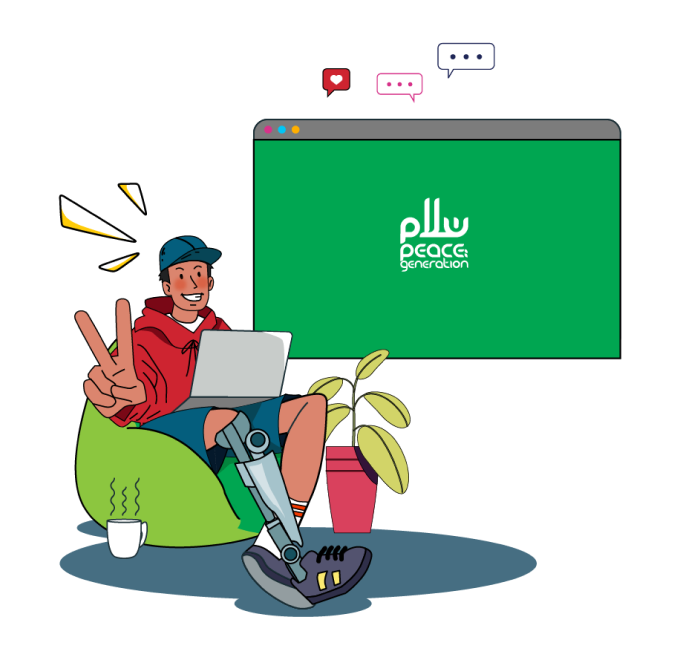Board Game for Peace
Partner




Highlight
2,000 young people in 12 cities are involved in a campaign to prevent violent extremism through the board games Galaxy Obscurio and The Rampung.
Program Overview
Board Game for Peace (BGFP) is a creative and effective program that uses board games to promote peace among Indonesia's youth. This program serves as a platform for young people to learn and practice peacebuilding skills in a fun and engaging way.
Program Objectives
BGFP aims to promote peace education among Indonesian youth through interactive and enjoyable board games. The games are designed to simulate real-life situations and challenges, fostering empathy, cooperation, and critical thinking among players. This program helps participants appreciate diversity, respect differences, and develop conflict resolution skills.
Program Background
In recent years, there have been terrorist attacks and suicide bombings involving youth and minors, including the 2018 attack on St. Lidwina Church in Yogyakarta. These events highlight the need for peace campaigns targeting youth, who play a significant role in shaping a peaceful future. BGFP empowers young people to become peace agents and combat radicalization and violent extremism.
Methods and Approach
BGFP uses various creative media, such as board games, interactive modules, and animated videos, to help participants understand violent extremism. They are trained to become peace agents who can carry out peace campaigns among their peers. The program also leverages social media to expand its reach and impact.
Program Results
1. Reached over 1,000 young people in 12 cities across Indonesia.
2. The program expanded from 358 participants in 5 cities in 2017 to 1,100 participants across 8 new cities in 2018.
3. Increased participants' knowledge and skills about preventing violent extremism:
-
Average knowledge increase of 0.58 for males.
-
Average knowledge increase of 0.66 for females.
4. 20.5% of participants showed a change in their VEDS (Violent Extremism Disposition Scale) score from medium to low.
5. BGFP alumni continue to actively campaign for peace using board games in their communities. In regions like Ambon, Bima, Banda Aceh, and Padang, alumni have collaborated with local communities to continue BGFP training independently.
Testimonial
“One time in college, I strongly supported the caliphate system and had heated debates about it. But after participating in the BGFP training in 2017, I had a turning point. Watching videos of ISIS supporters burning passports and seeing the struggles of families leaving ISIS made me change.” – Arez, BGFP Alumni
Bring Peace to Your Campus and Community
This program helps participants understand violent extremism and promotes peace in an interactive and enjoyable way. Contact us for further consultation and start making a difference in your community!
Start date
21 Aug 2017
End date
14 Jan 2019
Milestones
- Board Game for Peace Bandung
- Board Game for Peace Surabaya
- Board Game for Peace Solo
- Board Game for Peace Padang
- Board Game for Peace Makassar
- Board Game for Peace Cirebon
- Board Game for Peace Ambon
- Board Game for Peace Palu
- Board Game for Peace Samarinda
- Board Game for Peace Palembang
- Board Game for Peace Bima
- Board Game for Peace Banda Aceh
